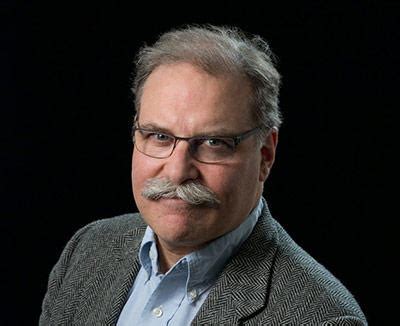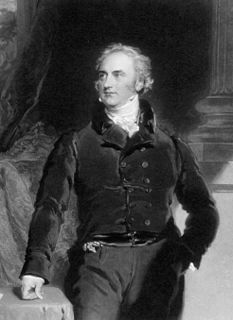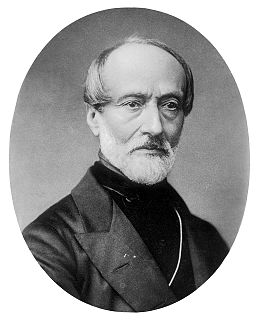A Quote by Robert Hall
We should be more anxious that our afflictions should benefit us than that they should be speedily removed from us.
Related Quotes
The Ideal Man should talk to us as if we were goddesses, and treat us as if we were children. He should refuse all our serious requests, and gratify every one of our whims. He should encourage us to have caprices, and forbid us to have missions. He should always say much more than he means, and always mean much more than he says.
Our government should work for us, not against us. It should help us, not hurt us. It should ensure opportunity not just for those with the most money and influence, but for every American who's willing to work. That's the promise of America - the idea that we are responsible for ourselves, but that we also rise or fall as one nation; the fundamental belief that I am my brother's keeper; I am my sister's keeper.
Life is not given to us that we might live idly without work. No, our life is a struggle and a journey. Goof should struggle with evil; truth should struggle with falsehood; freedom should struggle with slavery; love should struggle with hatred. Life is movement, a walk along the way of life to the fulfillment of those ideas which illuminate us, both in our intellect and in our hearts, with divine light.





































